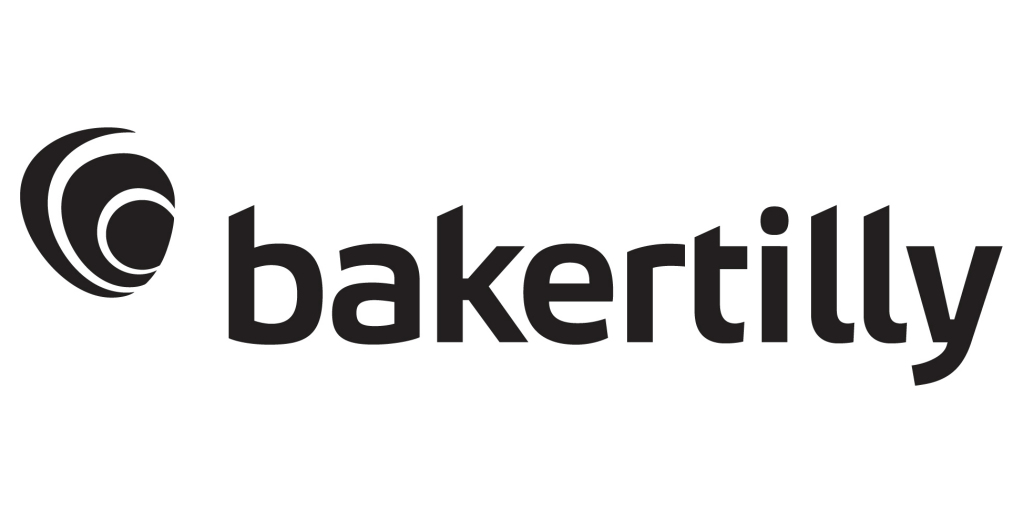Baker Tilly Case Study: Strategic ERP System adoption empowers not-for-profit support
Client background
This organization is dedicated to improving safety standards across various sectors. Through the use of data analytics, incorporating expert knowledge and strategic planning, they succeed in bringing together committees responsible for technical standards to create comprehensive safety protocols. The organization has a mission of promoting safety, security and sustainability in innovative and emerging products and services, contributing to the development of safer and more sustainable communities.
The business challenge
The organization decided to divide into two distinct branches: a for-profit division and a not-for-profit division. Initially, both used the Oracle cloud-based system for their operations. After the split, the not-for-profit branch chose to adopt Workday to manage its workforce. To facilitate this transition, Baker Tilly was brought on board to oversee the Enterprise Resource Planning (ERP) system implementation, focusing on compliance with SOX standards. As part of Baker Tilly’s oversight, the team ensured data was transferred accurately and securely, while monitoring for any potential issues or areas of concern.
Strategy and solution
With a proactive plan in place, the organization’s goal was to fully implement Workday by Dec. 31, 2023, which would mark the completion of the organization’s division into the two independent entities. The most significant risk involved the ERP system’s separation of payroll and financial transactions. During the implantation phase, Baker Tilly specialists participated in meetings with the organization, identifying and highlighting potential and present risks. Their concerns were escalated to the implementers, who acknowledged the issues but remained confident that the project could proceed as planned.
With two months left before the go-live date, the Baker Tilly team met with the organization’s management to review the essential priorities for the not-for-profit entity’s transition period. The organization identified that accurate payments to employees, complete independence from Oracle and reliable functionality at the go-live date were all critical elements that needed to occur to feel confident in the transition.
Shortly before implementation, the organization conducted a system analysis. The findings showed that if they proceeded with the current setup, only a sizeable number of their employees would be paid correctly. Baker Tilly advised management to postpone their implementation to make additional adjustments. Identified risks included: payroll, treasury management, system security and reliability and financial reporting.
Results
While the delay would result in financial burdens, the risk of moving forward without changes was too high. After presenting to the organization’s audit committee and board about the risks and recommendation to postpone, the organization decided to extended the implementations six months past the initial launch date.
Without taking the recommendation from our team, the organization could’ve faced significant liability risks.
Today, Baker Tilly continues to support the entities, advising on cybersecurity and auditing matters and assisting with the organization’s internal audit processes.

